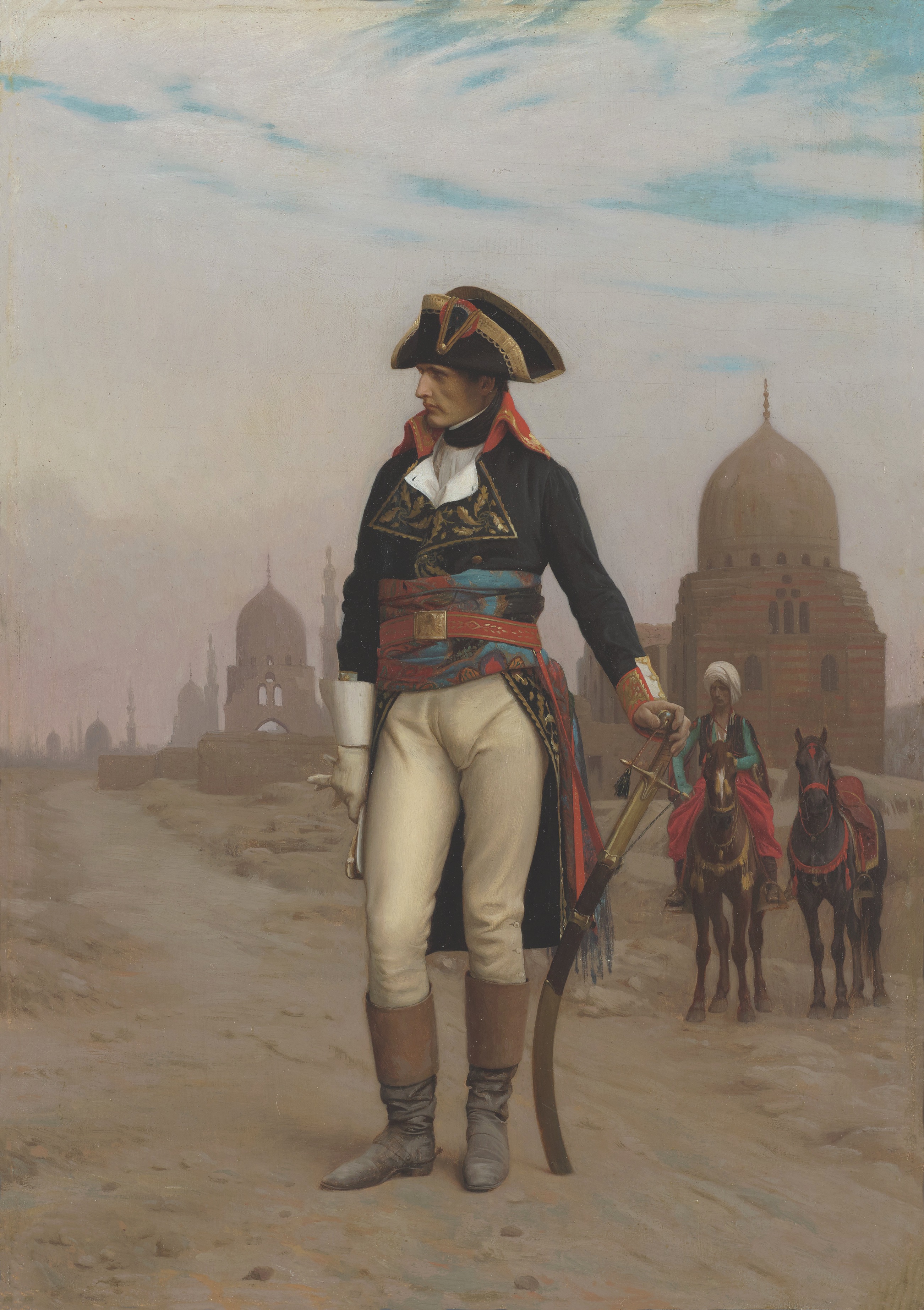Every half century or so comes a book in a particular field or area of history that is monumental, that immediately becomes the authority on that subject. In Napoleonic military history, the last such book was the late David G. Chandler’s opus The Campaigns of Napoleon, published in 1966. In that single (but massive) volume, a reader can learn everything there is to know about the wars Napoleon fought, why he fought them, and how he fought them. Before Chandler’s book, there was Count Maximilian Yorck von Wartenburg’s two-volume Napoleon as a General, published in 1902.

Now, some 50 years after Chandler, we have Alexander Mikaberidze’s The Napoleonic Wars, which also ranks as the definitive work of its respective time. While the two earlier historians provide the diplomatic, strategic, operational, and tactical minutiae of the Napoleonic Wars, Mikaberidze, a professor of history at Louisiana State University–Shreveport, weaves two broader perspectives together. He investigates and reveals the grand strategic focus and military implications of state policy while placing the French Wars (Revolutionary and Napoleonic, 1792–1815) in a global context. Rather than presenting the traditional view that these wars were subsidiary consequences of the conflicts between the European powers, such as the Anglo–French rivalry, Mikaberidze masterfully demonstrates the international character of the wars. He provides an authoritative, detailed survey of how the French Wars played out and shaped events in North and South America, Iran, Egypt, South Africa, the Ottoman Empire, and India—virtually the four corners of the globe.
Mikaberidze ultimately concludes that Napoleon Bonaparte accelerated a process of aggrandizement and modernization in Europe started by the governments of the French Revolution—other European powers were forced to change, adapt, and reform just to survive the French challenge. This total transformation of Europe changed its relationship with the rest of the world. What makes Mikaber-idze’s book so powerful is that he does not relegate his discussion of this changed relationship to the periphery. Instead, readers get a first-class seat on a global tour that will help them understand why the French Wars had a much more lasting impact on the world at large than on Europe alone. This expansive work—the research and analysis, the breadth, depth, and detail of the narrative, presented in writing that will satisfy both popular and scholarly audiences—may very well be the last word that needs to be written on the subject.
[hr]
Michael V. Leggiere, a professor of history at the University of North Texas, is a two-time recipient of the International Napoleonic Society Literary Award. He is the author of several books on the Napoleonic Wars, including, most recently, Blücher: Scourge of Napoleon (University of Oklahoma Press, 2014).
[hr]
This article appears in the Summer 2020 issue (Vol. 32, No. 4) of MHQ—The Quarterly Journal of Military History with the headline: Reviews

Want to have the lavishly illustrated, premium-quality print edition of MHQ delivered directly to you four times a year? Subscribe now at special savings!

